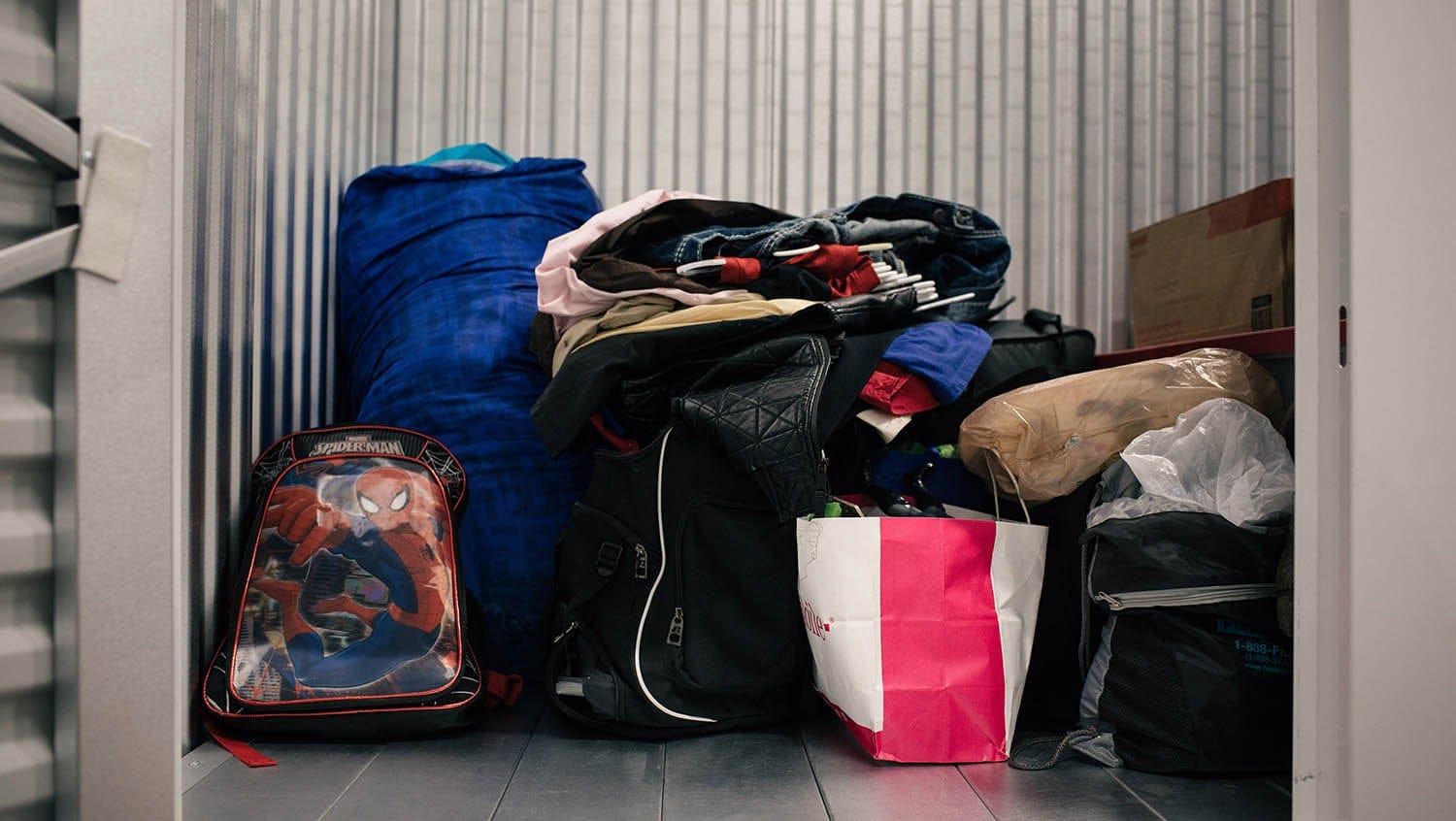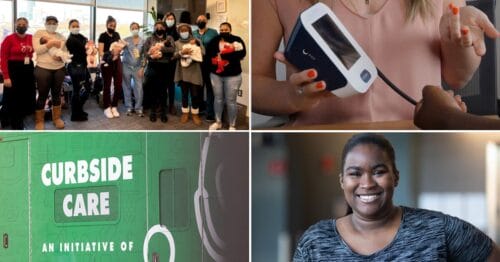SSI Protects Families with Special Healthcare Needs from Housing Insecurity
April 29, 2019
By Bana Jobe

Getty Images
Research finds that supplemental security income protects families from housing instability, especially those with young children who have SHCN, who may be more vulnerable.
A lack of stable housing, which includes circumstances such as falling behind on rent and mortgage payments, moving frequently, or experiencing homelessness, negatively affects a family’s health and wellbeing. While the roots are varied, money and income are often at the core of housing instability.
The unique medical, educational, and other expenses of caring for a child with a disability add staggering amounts to the average cost of raising a child. Unsurprisingly, then, households with children who have disabilities, such as autism spectrum disorder, are more likely to face monetary hardships and to be at risk for housing insecurity. However, less is known about the risks for families of children who have special healthcare needs (SHCN) that don’t fall under the jurisdiction of a disability, such as asthma or speech problems.
Supplemental security income for special healthcare needs
Recent research explores whether young children with SHCN — not just those with disabilities — are at risk of housing insecurity. Published this week in Pediatrics, the work extends housing instability research to include families of young children with health needs that aren’t diagnosed as a disability, but that can be costly nonetheless. Families in this group may not qualify for supplemental security income (SSI), which provides extra money to help cover basic needs for families with disabilities.
Led by BMC’S Ruth Rose-Jacobs, ScD, who previously conducted similar research about food insecurity, the investigators interviewed more than 14,000 caregivers of children younger than 4 years at five Children’s HealthWatch sites, in Maryland, Massachusetts, Arkansas, Minnesota, and Pennsylvania. All told, compared to families of children without SHCN, families of children with SHCN faced a greater risk of housing instability, and those risks were more pronounced if they didn’t receive SSI benefits.
FAST FACTS
|
In light of these results, healthcare providers could do more to ensure the wellbeing of their patients, including screening for housing insecurity beyond homelessness and referring families to resources and support if needed. They should also inform families who may qualify for benefits such as SSI about those opportunities.
The research also serves as a call, amidst budget cuts, to uphold and improve SSI benefits, as it protects families from housing instability, especially those with young children who have SHCN who may be more vulnerable.
“SSI should be maintained and improved. Protecting all families from housing insecurity, and especially those with young children with special healthcare needs, is an important investment in families’ health and wellbeing,” asserts Rose-Jacobs.


